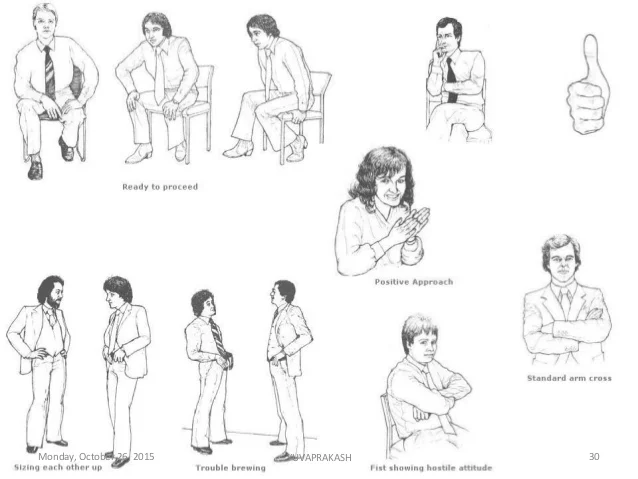
Beware: 5 Social Media Mistakes When Job Hunting
Social Media has truly become a powerful tool in the process of recruitment. If you are job hunting (and even if you are not), you should be very careful about what you put out there, because EVERYTHING you ‘update’, ‘post’, ‘tweet’ or ‘Instagram’, is likely to be held for or against you when you are job hunting. Do an online search on yourself first and see what comes up. Do you want potential employers to see this information about you? Is your online presence a credible and reassuring one? Here are the five social media mistakes when job hunting, you definitely should be wary of:
1. Inappropriate Photographs
Curate your online profiles carefully for any inappropriate photographs that would not leave a positive impression for your potential employer. For example, you don’t want overly explicit photographs of the crazy bachelor’s party your friend recently had! Be sure to check the tags as well – a lot of times, you may not have uploaded photographs, but if your friends have tagged you on them, they will still show up on your profile. Tone down on the selfies too.
2. Dissing your old employer or colleagues in public
A strict no-no, and is also extremely unprofessional. Remember that it is a small world and ending things on a bad note can have consequences you didn’t even think of then. Besides, ranting away to glory in a public forum (and God forbid, with spelling and grammatical mistakes galore) reflects very poorly upon you, and your future or potential employer would definitely take a judgement call based on this one factor.
3. Bragging about illegal activity
Remember that you are not in high school anymore, and it is no longer ‘wicked’ to do this stuff. Speaking of ‘stuff’, it is completely unacceptable to put up information regarding your personal habits which are also borderline or completely illegal. No employer would ever let such information pass unnoticed, and with that, you can kiss your dream job goodbye.
4. Very frequent/very few updates
A constant social media presence would definitely bring to your potential employer’s mind “He/she is 24*7 on Facebook, Twitter, even at 12.30 pm on a weekday. Is he/she easily distracted? Will he/she able to focus on his/her work?”, and there goes your chance. Similarly, in today’s world, being completely absent on social media reflects a general lack of interest in current affairs and networking. Strike a balance between too much and too little time and presence on social media.
5. Not controlling/limiting privacy
When the likes of Zuckerberg and Hoffman have created options where we can control what we want to show to the world, and who we want to show it to, why not use it? Since you can’t really filter everything, you may consider restricting your privacy options to only your friends or people you can trust. Here is a great post that tells you exactly how to clean up your online profiles on Instagram, Twitter, Facebook and more. But we would still ask you to cleanse whatever you can (and don’t forget to go back in time to delete/filter inappropriate postings – that trip to Goa/Las Vegas where your friends captured your “zombie” time? Hide for sure!). Because it does make an impression, and will probably have made the first impression before you even make it to the interview!
The presence and reach of social media in our lives – personal and professional, has become quite overwhelming, and increasingly so in the world of work. Being aware and conscious of how much and what you put out there, and what counts as social media mistakes when job hunting, will always work in your favor, regardless of whether or not you are job hunting actively.
Bonus Infographic: In case you need more motivation to proactively manage your social media presence to succeed in your job hunt, we have the facts and figures here from Jobvite on why Social Media matters:






